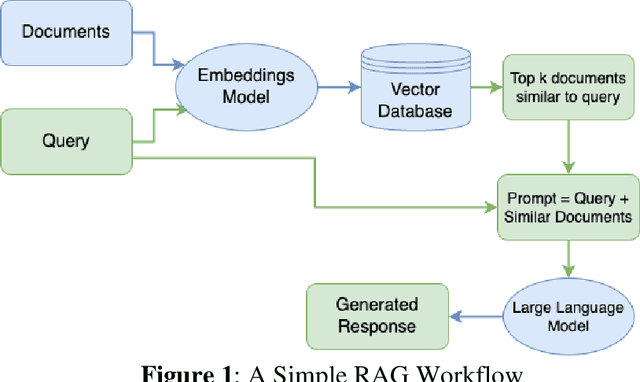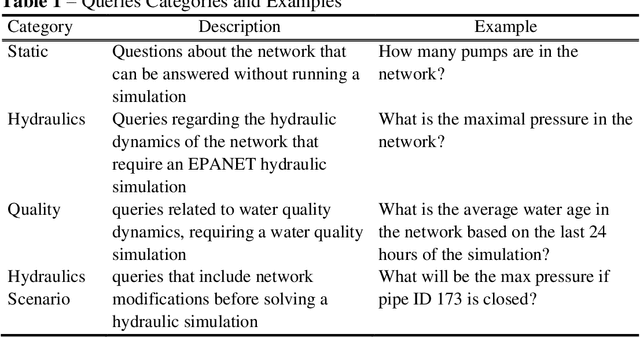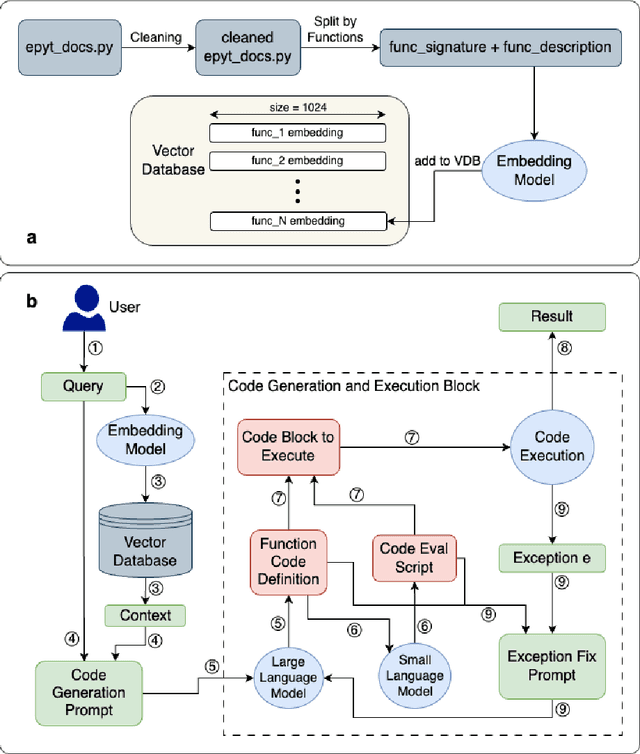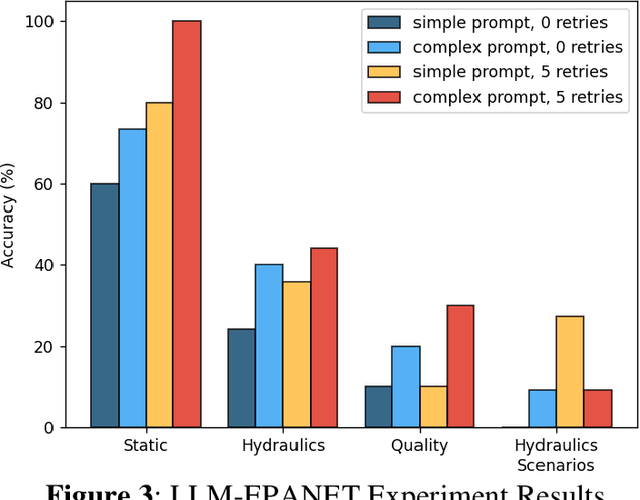Large Language Models for Water Distribution Systems Modeling and Decision-Making
Paper and Code
Mar 20, 2025



The design, operations, and management of water distribution systems (WDS) involve complex mathematical models. These models are continually improving due to computational advancements, leading to better decision-making and more efficient WDS management. However, the significant time and effort required for modeling, programming, and analyzing results remain substantial challenges. Another issue is the professional burden, which confines the interaction with models, databases, and other sophisticated tools to a small group of experts, thereby causing non-technical stakeholders to depend on these experts or make decisions without modeling support. Furthermore, explaining model results is challenging even for experts, as it is often unclear which conditions cause the model to reach a certain state or recommend a specific policy. The recent advancements in Large Language Models (LLMs) open doors for a new stage in human-model interaction. This study proposes a framework of plain language interactions with hydraulic and water quality models based on LLM-EPANET architecture. This framework is tested with increasing levels of complexity of queries to study the ability of LLMs to interact with WDS models, run complex simulations, and report simulation results. The performance of the proposed framework is evaluated across several categories of queries and hyper-parameter configurations, demonstrating its potential to enhance decision-making processes in WDS management.
 Add to Chrome
Add to Chrome Add to Firefox
Add to Firefox Add to Edge
Add to Edge